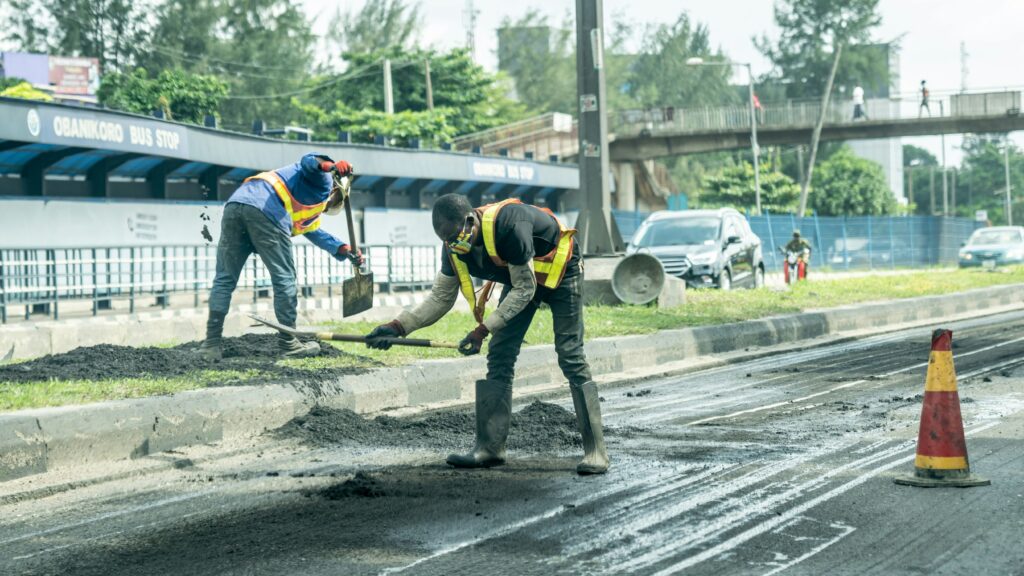
Photo by Ayoola Salako on Unsplash
The first road I ever worked on was noisy, dusty, and smelled of wet asphalt. Every morning the crew gathered before sunrise, steel boots scraping gravel, machines warming up like a slow heartbeat. To most people passing by, it was just another traffic diversion. To us, it was months of drawings, approvals, and guessing what the weather might do next.
One afternoon, while checking the levels on a drainage line, a woman selling roasted corn waved at me. She asked when the road would be finished. I told her “soon,” the same way engineers always do. She smiled and said, “I’ll be here when you finish. This spot will be good for business.”
That moment stayed with me.
The silence of the builder
We build, but we hardly speak. When the road finally opens, the ribbons are cut, cameras flash, and traffic rushes in. The people cheer, politicians talk. The engineers pack up, move to the next site, and start again.
Our names disappear, but our work stays. Maybe that is how it should be. Or maybe not.
Because every project has a story: the night the grader broke down in the rain, the argument over a curve radius, the satisfaction of watching water flow perfectly through a culvert you designed. Those details never make the news, yet they are the soul of what we do.
What the road remembers
Sometimes I wonder what roads would say if they could speak.
They would talk about the first time traffic rolled over them, the patience of workers laying asphalt under the sun, and the laughter that fills a site when the final section aligns perfectly. They would talk about how they connect people who will never know our names.
But since roads cannot talk, maybe engineers should. Not to teach or persuade, but simply to tell, to share the rhythm, the trial, and the small victories that make up this strange, beautiful craft of turning soil into connection.
The real reason
I think people would listen. They already drive on our work, trust their safety to it, and sometimes curse at it when it slows them down. But if they heard even one story from our side, about the patience it takes to finish a kilometer of road or the pride in seeing school buses move smoothly on a lane you supervised, maybe they would look at roads differently.
And maybe, just maybe, engineers would too.
We do not always build monuments. Sometimes we build silence, movement, or the path someone takes home. But every road carries a story. It is time we started telling ours.
